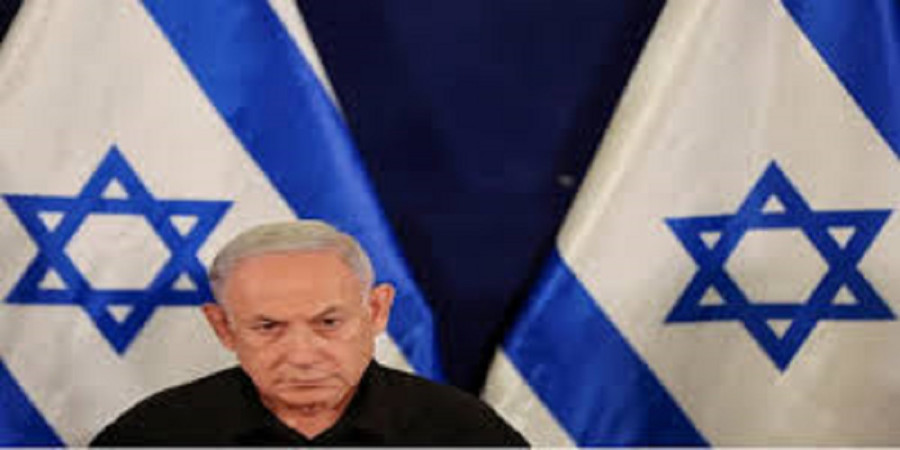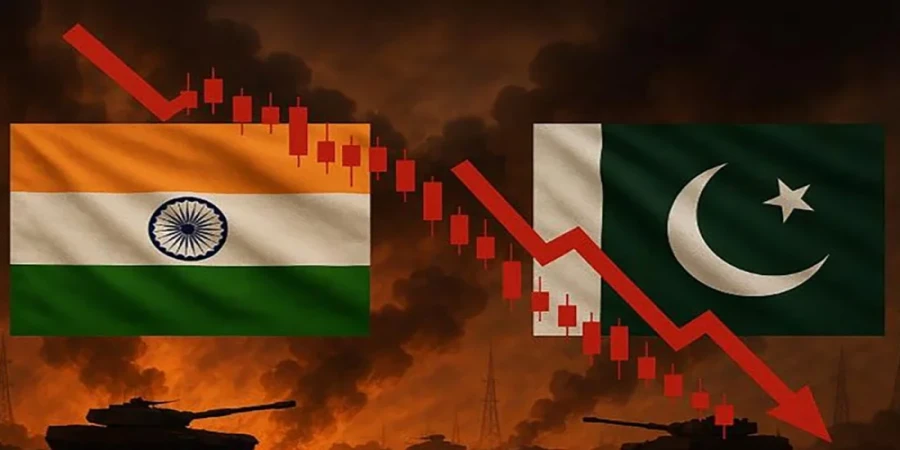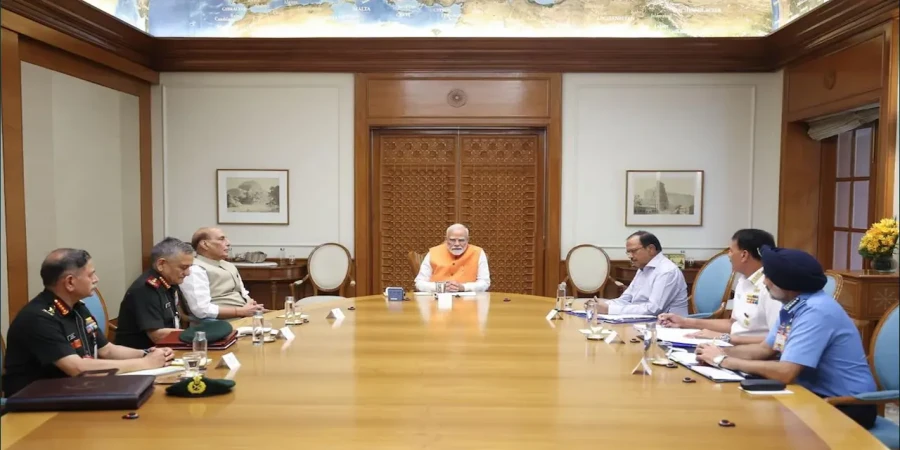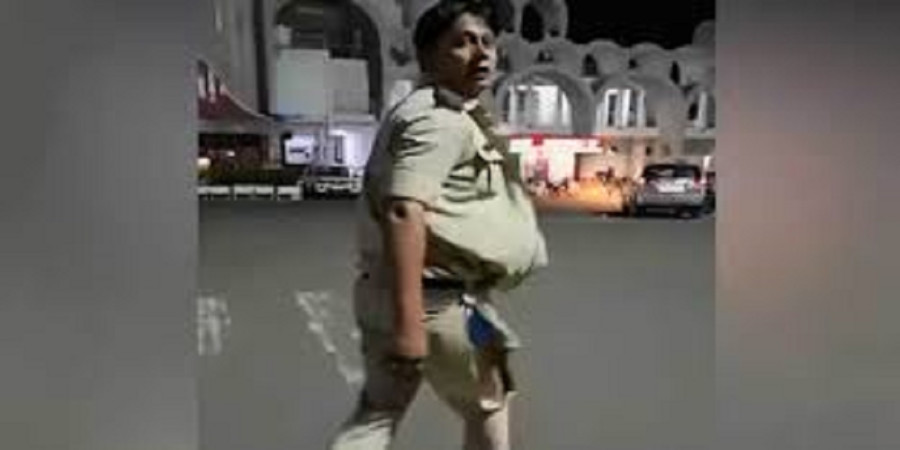
ছবি: Photo: Collected
In recent days, Israeli Prime Minister Benjamin Netanyahu has become embroiled in yet another political crisis, intensifying the scrutiny surrounding his leadership. Already facing trial over corruption charges and an international arrest warrant from the International Criminal Court for alleged war crimes and crimes against humanity, a fresh wave of internal accusations now threatens to destabilize not just his position but the country's political fabric.
Israeli daily Haaretz reported that Netanyahu had prior knowledge of the Hamas-led attack on October 7, 2023, but failed to take the necessary preventive actions. This revelation, sourced from internal intelligence investigations, may expose Netanyahu to charges of treason. Further complicating the matter, reports allege that on the day of the attack, some Israeli soldiers were ordered to kill their own citizens and comrades under the “Hannibal Directive” to prevent them from falling into Hamas custody.
Eyewitness accounts and testimonies from active-duty soldiers have raised grave concerns over Netanyahu’s involvement. According to Haaretz, these testimonies support the theory that it wasn’t Hamas alone responsible for the casualties on that day, suggesting instead that Israeli forces were also complicit. The claims undermine the initial assertion that Hamas killed over 1,200 Israelis, as critics question whether Hamas possessed the logistical capacity to execute such an operation unassisted.
A deeper crisis has unfolded with revelations from Israel’s internal security agency, Shin Bet, through a classified investigation known as “QatarGate.” According to this probe, Netanyahu and his advisors were aware of the imminent attack but deliberately withheld information from Israeli defense and security bodies. Additionally, it is alleged that Netanyahu’s office facilitated the transfer of funds from Qatar to Hamas—ostensibly to support Gaza’s civilians, but instead used for militant operations. Portions of these funds were reportedly embezzled by Netanyahu’s inner circle.
The situation reached a boiling point when Netanyahu attempted to force the resignation of Shin Bet chief Ronen Bar, who has been leading the internal investigation. Netanyahu publicly declared that he no longer trusted Bar and intended to dismiss him if he did not resign voluntarily. However, Ronen Bar resisted the demand, citing the ongoing investigation and the importance of maintaining agency independence during a national crisis.
Though Israeli law allows the Prime Minister to dismiss the Shin Bet chief, the Attorney General’s office advised against such action due to the sensitivity and unprecedented nature of the matter. The Attorney General warned that dismissing Bar could constitute a conflict of interest and undermine the rule of law. A further complication arose when the Attorney General personally told Netanyahu that removing Bar under these circumstances would be inappropriate.
Despite the legal warning, Netanyahu announced that he had dismissed Bar with support from his coalition partners. This move triggered a legal challenge, and the Supreme Court intervened, agreeing with the Attorney General and temporarily suspending Bar's dismissal. The court ruled that the Prime Minister lacked sufficient grounds for termination under the current legal framework.
Even after the ruling, Netanyahu declared he would no longer work with Bar and insisted that the October 7 investigation be concluded immediately. His defiance of the judiciary and disregard for institutional boundaries has led to a wave of criticism and mass protests across Israel. Over 200,000 people gathered in Tel Aviv over the weekend, demanding Netanyahu's resignation. Many accused him of dragging the country toward authoritarianism and civil conflict to shield himself from prosecution.
The public outcry intensified after reports emerged that Netanyahu canceled a ceasefire deal, jeopardizing the lives of 24 Israeli hostages believed to still be alive. These actions have fueled further resentment among Israeli citizens, who increasingly question Netanyahu’s motives and leadership.
Opposition leaders, including Yair Lapid, have strongly condemned Netanyahu, calling for nationwide civil disobedience and institutional strikes to force his resignation. In a recent speech, Lapid accused Netanyahu of eroding Israel's democratic foundations and declared that the Prime Minister’s tenure must come to an end. Former Prime Minister Ehud Olmert echoed these sentiments, stating that Netanyahu—not Hamas or Iran—is the greatest threat to Israel, accusing him of weakening the nation’s military and intelligence apparatus for personal gain.
Netanyahu’s battle with state institutions doesn't stop with Shin Bet. His Justice Minister is rapidly pushing a bill to restructure the committee responsible for appointing Supreme Court judges. Critics argue this would allow Netanyahu to install loyalists in the judiciary and avoid legal consequences. The proposed bill is seen by many as a final attempt to consolidate power and avoid prosecution by undermining judicial independence.
Legal analysts and political experts warn that Netanyahu’s attempts to manipulate key state bodies may lead Israel into a constitutional and political meltdown. They suggest that the Prime Minister's moves not only risk sparking internal conflict but also severely damage Israel’s economy and international reputation. The choice, many argue, now lies with the Israeli public: to either support a leader accused of corruption and mass violence or to demand his immediate removal in the interest of preserving democracy and national stability.
repoter






